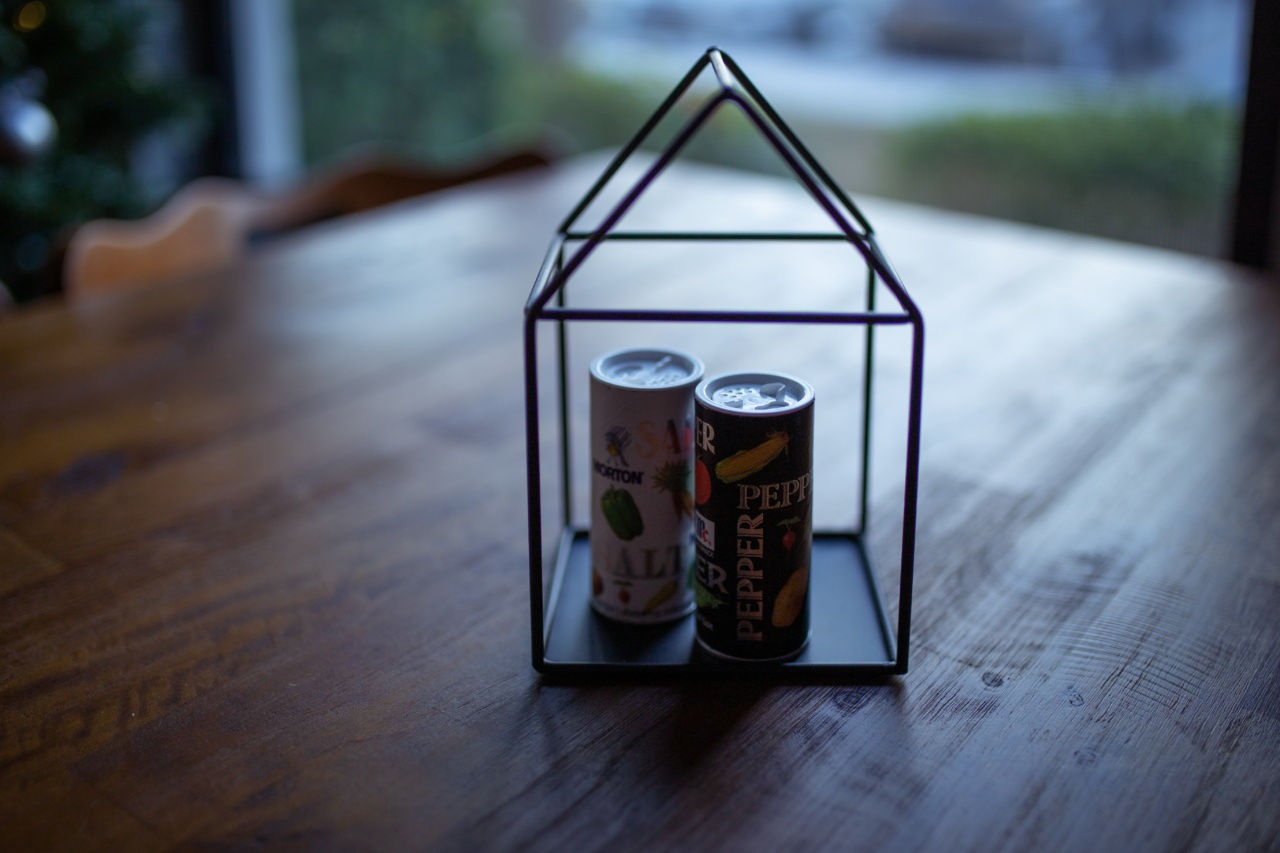Many of us rely on caffeine to get us through the day – that morning cup of coffee or afternoon can of soda can be a lifesaver when we’re feeling tired or sluggish. But could this popular stimulant be putting our hearing at risk?.
What is Caffeine?
Caffeine is a stimulant that affects the central nervous system. It is found in many beverages and foods, including coffee, tea, chocolate, and soda. Caffeine is typically consumed for its ability to increase alertness and reduce fatigue.
How Does Caffeine Affect Hearing?
There is some evidence that suggests that caffeine may have a negative impact on hearing. Studies have found that high levels of caffeine consumption may lead to an increased risk of tinnitus (ringing in the ears) and hearing loss.
One study conducted by the American Journal of Medicine found that individuals who consume high levels of caffeine are more likely to develop tinnitus.
The study specifically looked at caffeine consumption from coffee, tea, soda, and chocolate and found that the risk of developing tinnitus increased with higher levels of caffeine consumption.
Another study conducted by the American Journal of Otology found that high levels of caffeine consumption may lead to an increased risk of hearing loss.
The study looked at the caffeine consumption of 487 individuals and found that those who consumed more caffeine were more likely to have hearing loss.
How Much Caffeine is Too Much?
While there is some evidence that suggests that high levels of caffeine consumption may have negative effects on hearing, it is important to note that the amount of caffeine necessary to cause these effects is not well-established.
It is generally recommended that adults consume no more than 400mg of caffeine per day, which is roughly equivalent to four cups of coffee.
However, individual tolerance to caffeine may vary, and some individuals may experience negative effects at lower doses.
Other Factors that Can Affect Hearing
While caffeine consumption may play a role in hearing health, it is important to note that there are many other factors that can also impact hearing.
Exposure to loud noises is a known risk factor for hearing loss and tinnitus. Regular use of headphones or earbuds at high volumes can also damage hearing over time. Smoking, high blood pressure, and certain medications can also impact hearing.
Protecting Your Hearing
To protect your hearing, it is important to take steps to reduce your risk of developing hearing loss or tinnitus. This includes reducing your exposure to loud noises, wearing ear protection when necessary, and avoiding excessive caffeine consumption.
If you are experiencing changes in your hearing, such as tinnitus or hearing loss, it is important to speak with your healthcare provider. They can help determine the cause of your symptoms and recommend appropriate treatment options.
The Bottom Line
While caffeine consumption may play a role in hearing health, the amount necessary to cause negative effects is not well-established. It is generally recommended that adults consume no more than 400mg of caffeine per day.
To protect your hearing, it is important to take steps to reduce your risk of developing hearing loss or tinnitus.




























